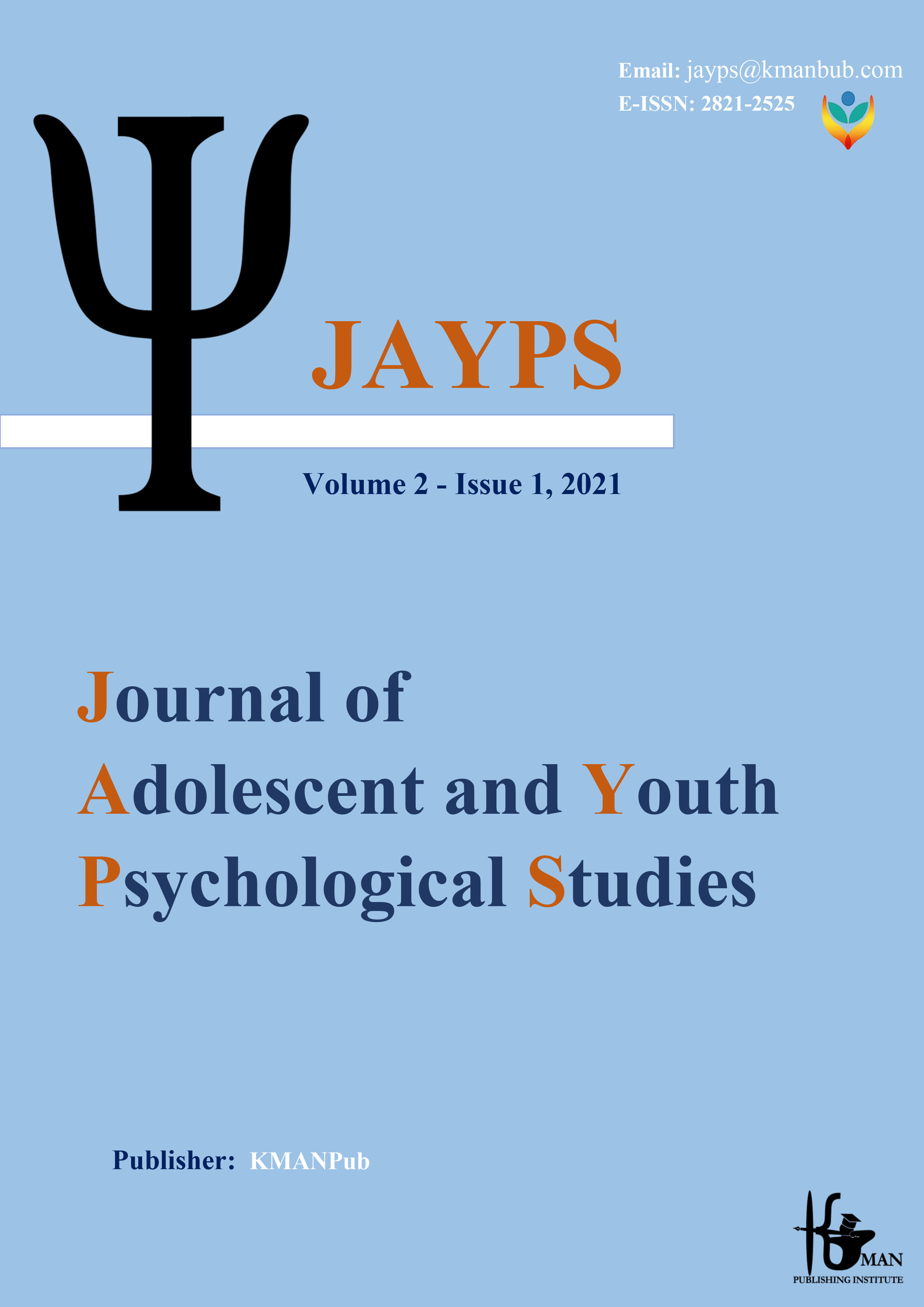Comparing the Effectiveness of Academic Buoyancy Training and Logotherapy on Academic Self-Efficacy in Secondary School Students
Keywords:
academic self-efficacy, academic buoyancy, logotherapyAbstract
Background and Aim: during education, the student faces academic challenges and difficulties; Therefore, it is necessary to adapt and adapt to educational opportunities and challenges; The aim of the present study was to compare the effectiveness of academic buoyancy training and logotherapy on academic self-efficacy in secondary school students. Methods: This study was applied in terms of purpose and semi-experimental in terms of execution method with a pre-test and post-test design with a control group. The research population was the second grade students of secondary school in Iranshahr city in the academic year of 1398-1399. Among them, 60 students were selected by purposeful sampling and randomly divided into three equal groups. The experimental group of academic buoyancy received training in 12 sessions of 70 minutes and logotherapy in 10 sessions of 70 minutes, and the control group did not receive training. The research tool was academic self-efficacy questionnaires (Jinks and Morgan, 1999). Data were analyzed in SPSS-V21 software with multivariate covariance analysis methods. Results: The results showed that the increase in the level of academic self-efficacy in the buoyancy training group is statistically significant compared to the logotherapy and control groups, while the logotherapy training did not significantly increase the level of academic self-efficacy compared to the control group. Conclusion: Therefore, it is recommended that education specialists use the academic buoyancy education method in addition to other educational methods to improve academic self-efficacy.
Downloads
Downloads
Published
Issue
Section
License

This work is licensed under a Creative Commons Attribution-NonCommercial 4.0 International License.









